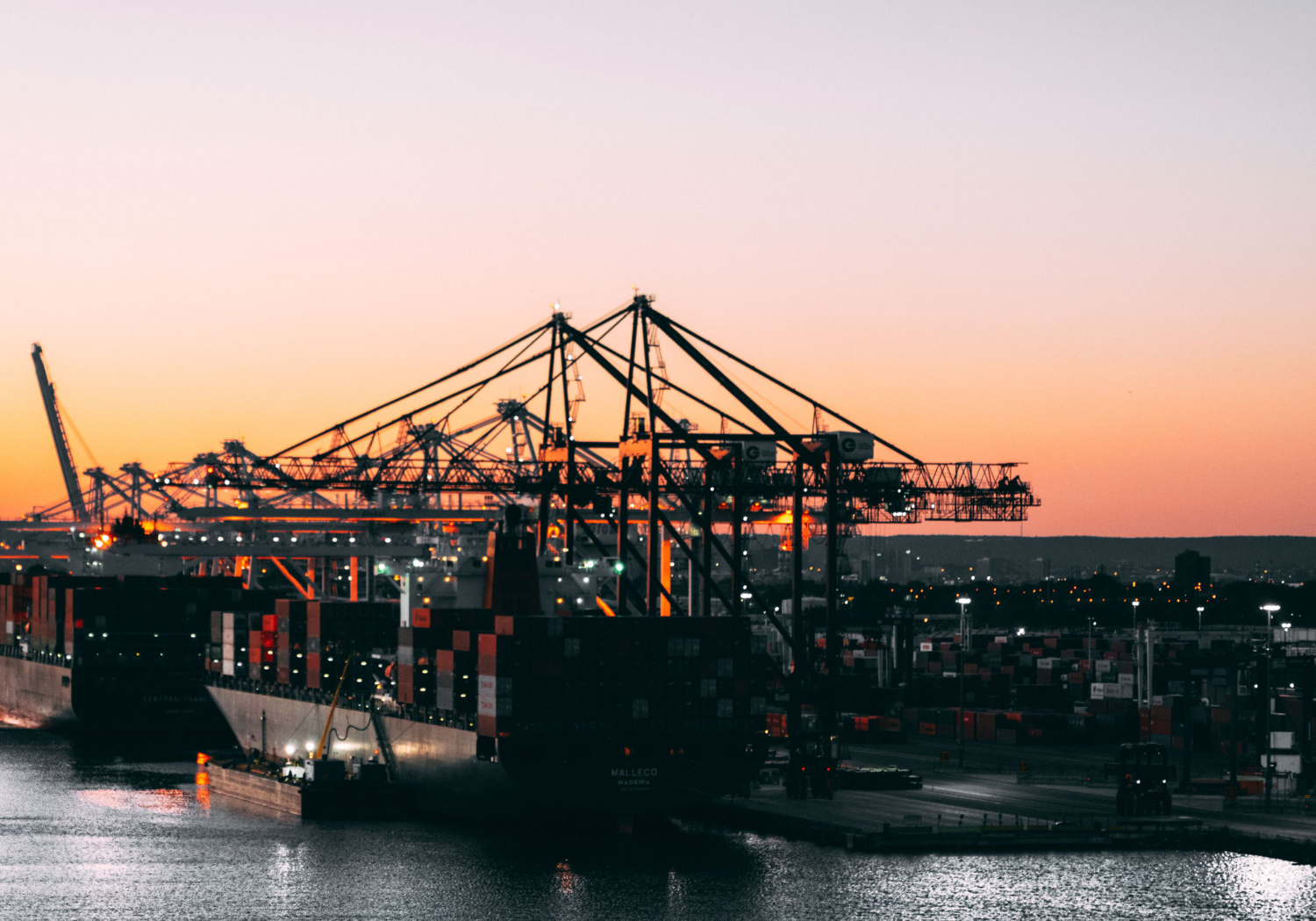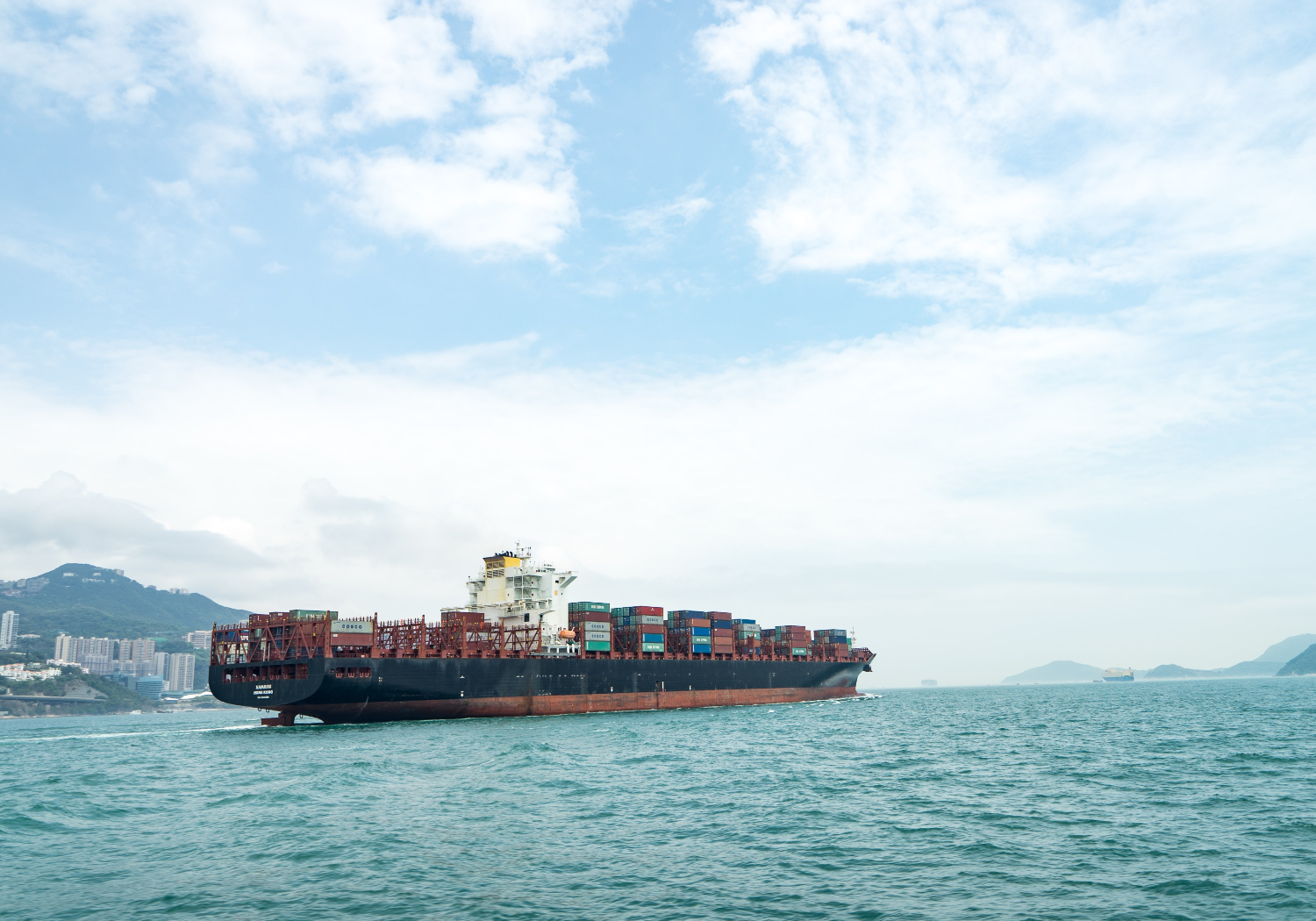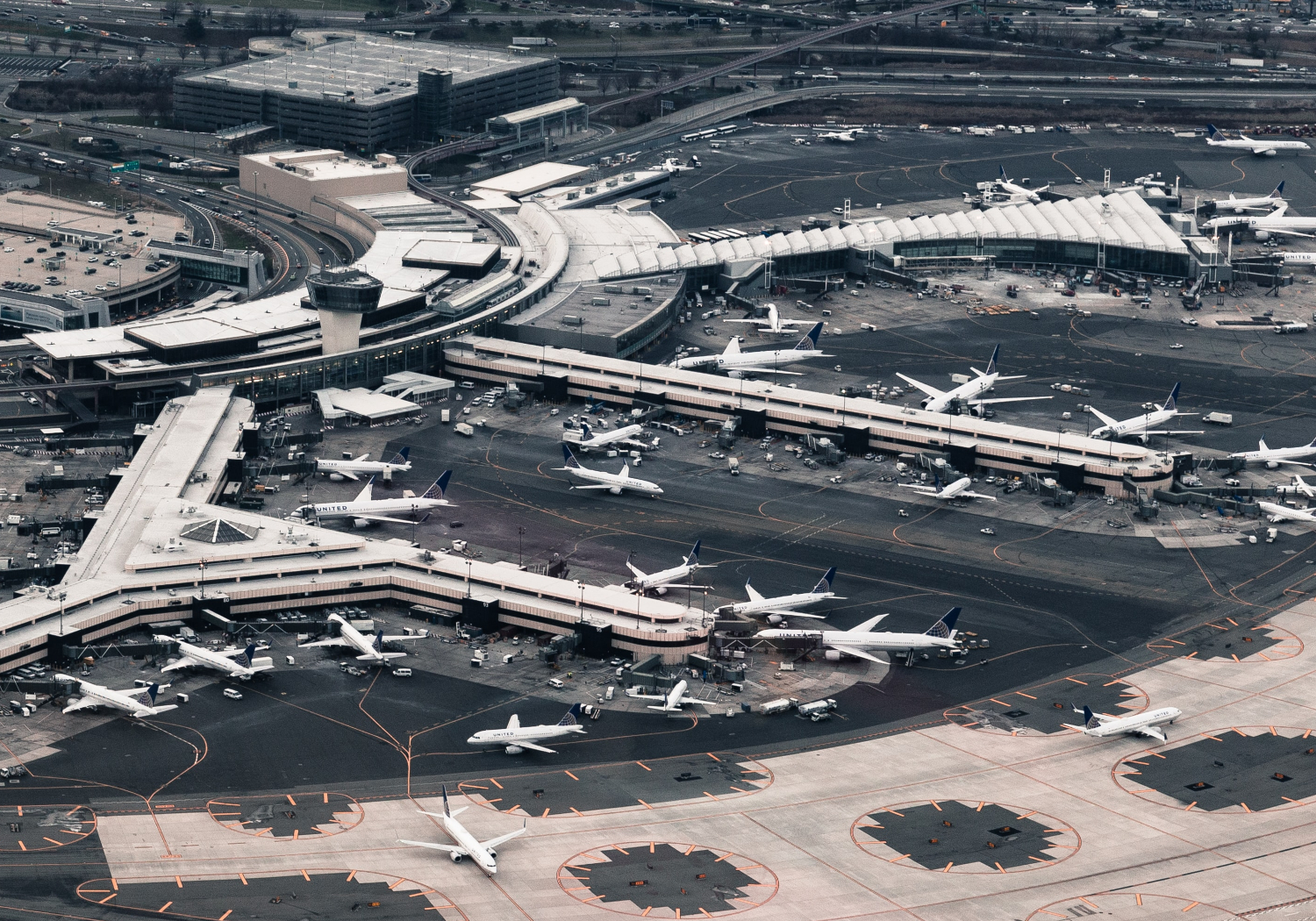Air and ocean exports
Your ideal export partner
TOC Logistics International, LLC. provides transparent international and domestic air and ocean freight services. Our team works directly with ocean carriers and airlines to offer competitive export rates and make sure your cargo arrives quickly and efficiently.
We help you navigate exports regulations. Our team has developed valuable relationships across the world, which allow us to offer benefits to our customers that otherwise wouldn’t be available.
EXPORTS MADE EASY
We work to eliminate unnecessary obstacles and expenditures so your supply chain can save. Learn about our export services by clicking the arrows below.
WE’RE HERE TO HELP
Our capable and experienced team is standing by to assist organizations and supply chains across the globe. Click the button to get in touch with our team.
Our Certifications
TOC Logistics International holds the following certifications:

Accredited as an IATA agent, TOC Logistics International, LLC. has a direct contract connection with the airlines and provides high-quality service and dependability that airlines and their clients expect.

TOC Logistics International, LLC. is certified by CTPAT, a voluntary government business initiative to strengthen and improve overall international supply chain and US border security.
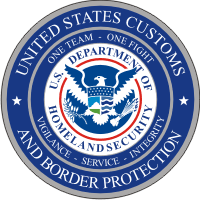
TOC Logistics International, LLC. is recognized as a Licensed Customs Broker by U.S. Customs and Border Protection. This means we can provide expertise regarding entry procedures, admissibility requirements, classification, valuation, and the rates of duty and applicable taxes and fees for imported merchandise.

The Federal Maritime Commission (FMC) has licensed TOC Logistics International, LLC. as an NVOCC (Non-Vessel Operating Container Carrier) for providing ocean/air services.
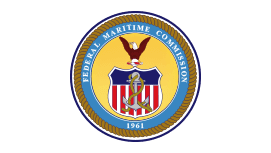
The Federal Maritime Commission (FMC) has also licensed TOC Logistics International, LLC. (License No. 023587NF) as a FF (Freight Forwarder) for providing ocean/air services.

TOC Logistics International, LLC. has achieved ISO 9001:2015 certification to demonstrate our commitment to customers and globally recognized quality of service standards.
Our Services
Air and Ocean Services
Deliver cargo quickly and reliably with air and ocean freight options.
Supply Chain OPTIMIZATION
Optimize your supply chain and create new efficiencies.
Customs Brokerage
Our customs brokers make international shipping easy.
Time Critical Logistics
Our team can help you reduce time critical logistics and save money.
Consolidation Programs
Increase efficiencies and boost savings with our consolidation programs.

